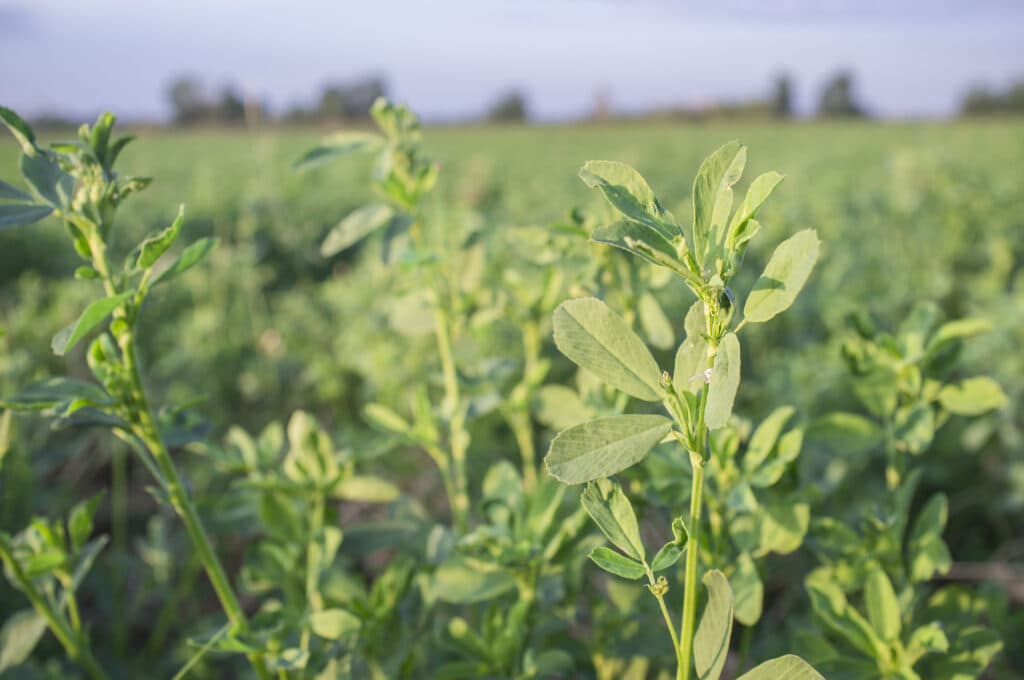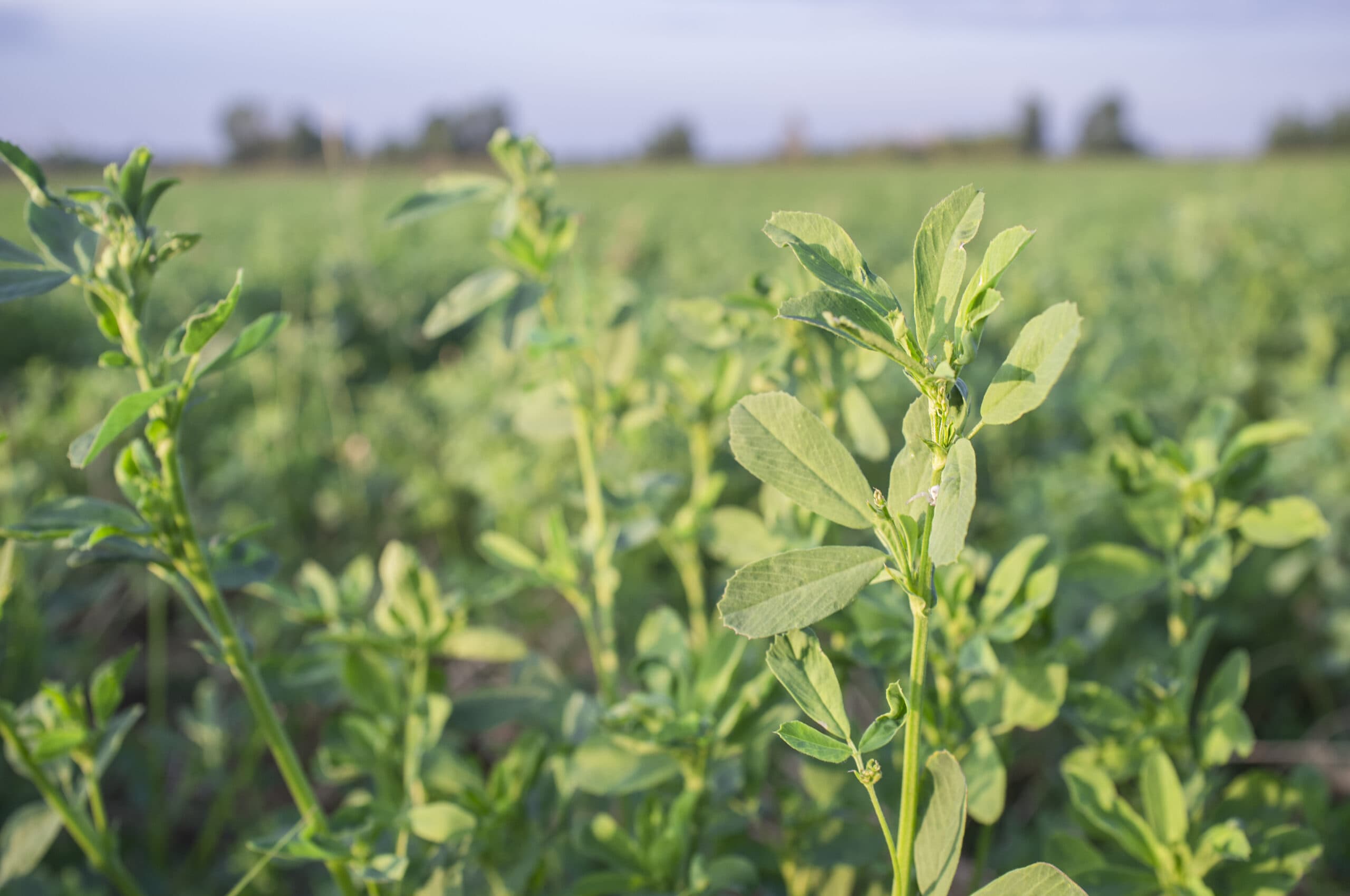Key points:
- Australia’s first herbicide resistance testing for the lucerne seed industry.
- Limited herbicide options for weed control is a “recipe for the development of herbicide resistance”.
- Research results will underpin an integrated weed management strategy to ensure the sustainable use of herbicide in the lucerne seed industry.
- Findings from this weed survey and resistance testing could be applicable to other pasture seed industries.
This new research, titled Herbicide resistance in lucerne seed production systems in the South East of South Australia, could also provide insights into integrated weed management strategies to ensure the sustainability of the lucerne seed production industry, while offering vital information for other pasture seed industries.
Supported by AgriFutures Pasture Seeds Program and Lucerne Australia, the project will concentrate on three weeds including annual ryegrass (Lollium rigidum), barley grass (Hordeum glaucum and H. leporinum) and sowthistle (Sonchus oleraceus).
Evidence suggests these weeds may have developed a level of herbicide resistance in commercial lucerne seed production regions.
Project Lead Researcher and Lucerne Australia Executive Officer, Dr Katrina Copping, said herbicide resistance was well documented in broadacre farming, but there was no research to confirm this concern in the lucerne seed industry.
“It has been raised by industry representatives and growers because they have seen poor weed control in their lucerne seed crops,” said Dr Copping.
“The thing about lucerne seed production is we are limited with the amount of herbicide options available to growers. A reliance on a small group of chemicals, it is one of the precursors of weed resistance development.”
Researchers will gather weed seeds for germination from 100 commercial seed paddocks in the South East of South Australia. This region produces more than 80% of Australia’s commercial lucerne seed.










